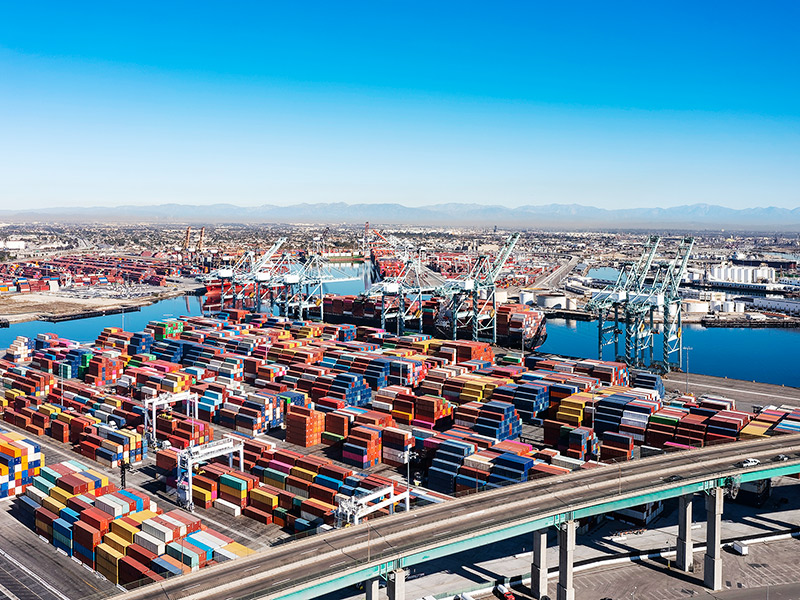
In our recent report, Redefining Sustainable Business: Management for a Rapidly Changing World, we outlined new directions for companies as they manage sustainability through their business strategies, with ever greater impact.
Our “Act, Enable, Influence” framework represents a comprehensive approach from business, in which it is not merely an actor implementing rules and regulations, but instead an active participant in shaping its operating environment.
As my colleague Alison Taylor put it when we released the report, “Companies should influence the policy and legal environment via vocal support for sustainable business. Silence on key policy issues is no longer an acceptable stance: The public—and your employees—wants to see more concrete evidence of business values and want business to take a more active role in shaping policy for the long term.”
The World Economic Forum in Davos last month provided one opportunity for business to engage with government leaders. Interestingly, conversations there about how to achieve the Sustainable Development Goals (SDGs) focused heavily on all-important Goal 17, which calls for partnerships across all sectors of society.
In discussions on how to realize the vision of the Paris Agreement, companies called for policy frameworks that create the right kind of incentives. With more than 70 heads of state and heads of government present at Davos, it was sometimes hard to tell who was who: The CEOs just as often called for policy solutions to pressing global challenges as the political figures did.
Why is this crucial, and why now?
The world is changing ever more rapidly around us, and business—the source of many of the innovations that are generating many of these changes—has expertise on a number of key topics that tomorrow’s policy frameworks will need to address. Because global companies have an essential appreciation of the international business implications of things like free trade agreements, privacy and data protection laws, and materials disclosure requirements, it is crucial that their expertise and perspective inform smart regulatory frameworks. Businesses are well placed to speak, for example, to the listing rules that promote short-term decisions at the expense of investments in employees and climate-resilient infrastructure. They are also essential to involve in conversations about the human rights implications of new technologies.
In an era when leadership is badly needed and trust is in short supply, business leaders should work to ensure that the incentives created by governments align with high levels of ethical, environmental, economic, and social ambition. It is clear that the lowest-common-denominator approaches that have been the default position of traditional business associations in the past are no longer fit for purpose: Business must be part of the solution to our shared challenges.
Moreover, in a hyper-transparent world, discrepancies between the arguments companies make in hushed tones in the offices of their representatives and the aspirations they express in the colorful pages of their sustainability reports are not, to put it lightly, sustainable.
There is also an important incentive for business to promote effective and consistent frameworks. In recent years, we have seen a welter of frameworks develop on reporting and transparency, supply chain due diligence, and other topics. Companies operating globally do not benefit from an inconsistent set of rules and regulations; such a system incentivizes compliance, rather than creativity. It is therefore valuable for companies to support consistent policy frameworks across jurisdictions. Otherwise, the core objectives of advocacy—business certainty and predictability—are unlikely to be realized.
There is often a high degree of skepticism about where corporate interests lie, so this model only works if there is both transparency in how business engages and alignment in the public and private interests companies address.
This is a point to be heeded. But it should be reason to participate in public policy the right way, not a reason to stay away from it altogether. Just as in past years it became untenable for companies to ignore labor conditions in their supply chains or the impacts of their products and services on the environment, we are at a time when any company aspiring to sustainability leadership will be judged not only on its performance, but also on how it shapes the rules of the game.
Ultimately, businesses press for policy changes on all sorts of issues: Why should sustainability be any different?
BSR’s latest sustainability insights and events straight to your inbox.
Topics
Let’s talk about how BSR can help you to transform your business and achieve your sustainability goals.








